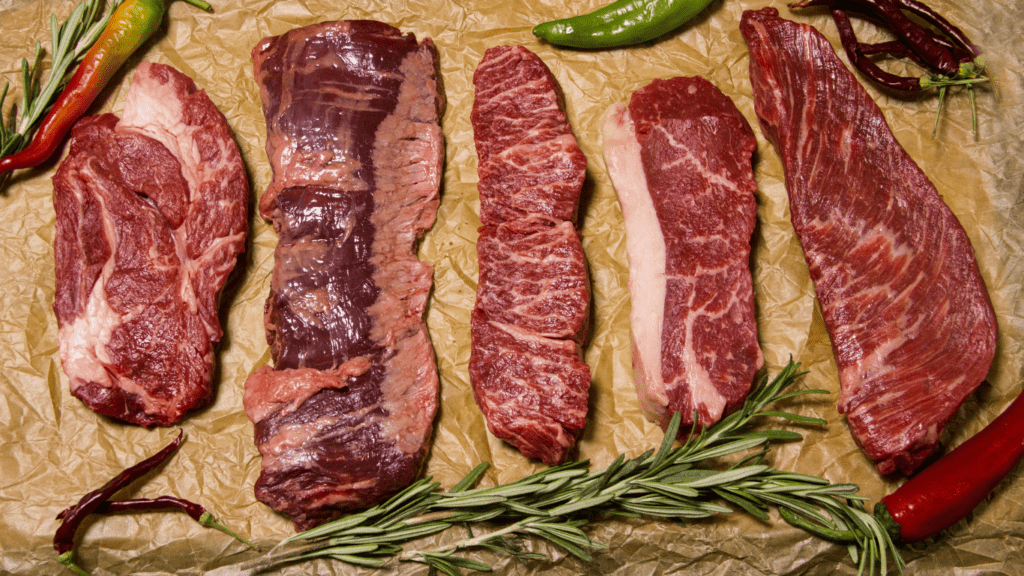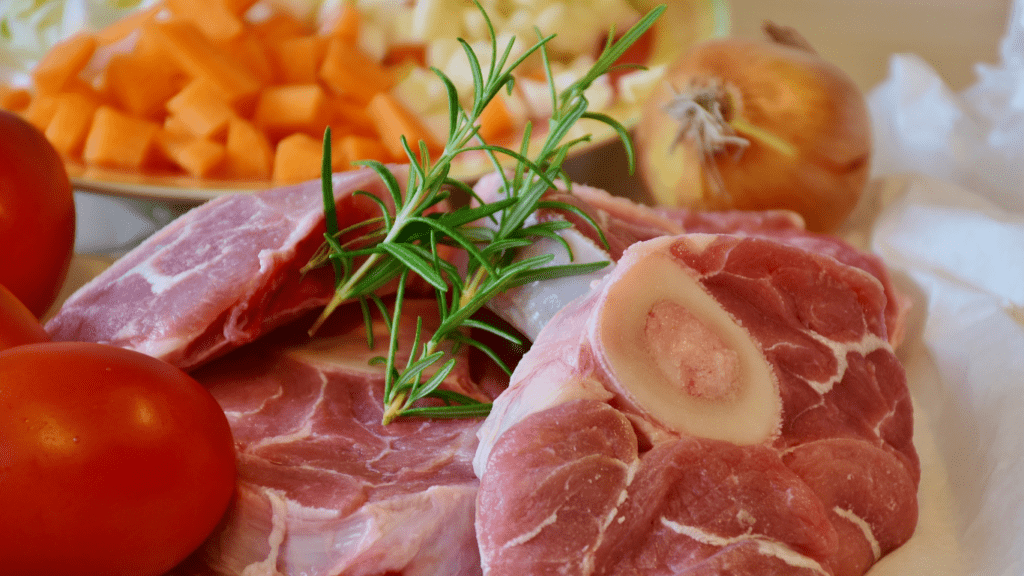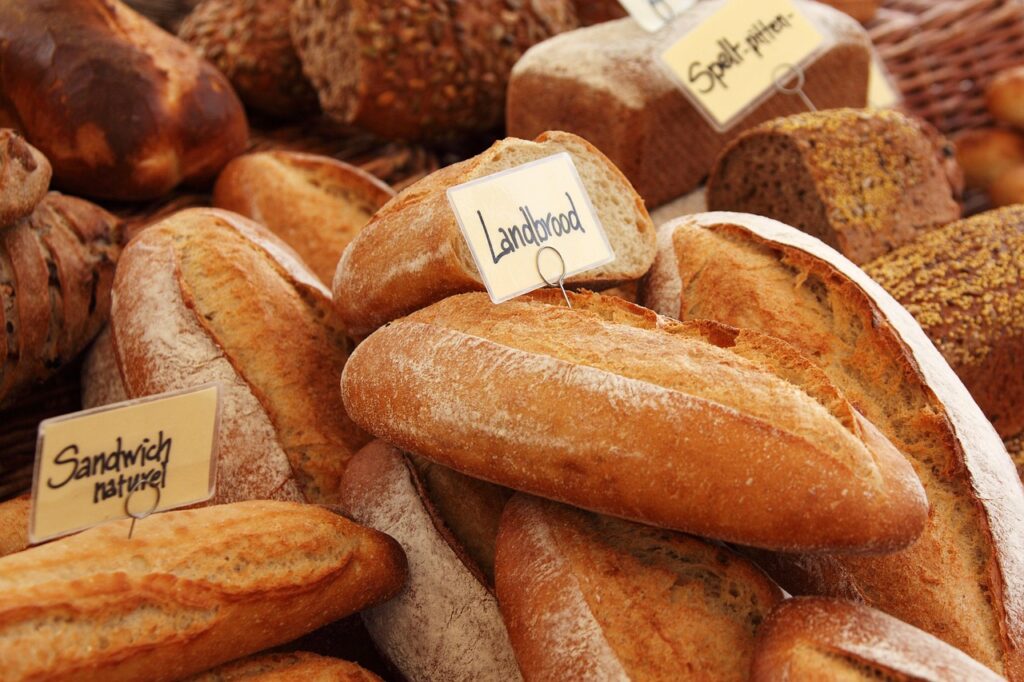Importance of Nutrient-Rich Foods for Pets
Pets need nutrient-rich foods to thrive and maintain optimal health. A balanced diet enhances their overall well-being and longevity.
Benefits of a Balanced Diet
A balanced diet boosts pets’ immune systems by providing essential vitamins and minerals. Dogs and cats, for example, benefit from immune-supporting nutrients like Vitamin C and Zinc.
A nutrient-rich diet also promotes a shiny, healthy coat. Omega-3 fatty acids, found in fish and flaxseed, significantly enhance coat quality.
Additionally, proper nutrition keeps pets active and energetic, supporting their joint health and muscle maintenance. Proteins from sources like chicken and beef provide energy and support muscle repair.
Risks of Nutritional Deficiencies
Nutritional deficiencies in pets lead to severe health issues. Lack of essential nutrients, such as calcium or Vitamin D, can result in weak bones and teeth.
Deficiencies in vitamins like Vitamin E or B Vitamins cause skin problems or developmental issues. Prolonged nutrient shortages weaken the immune system, making pets susceptible to infections and diseases.
In worse cases, inadequate nutrition causes irreversible damage to vital organs, drastically reducing pets’ life expectancy.
Review of Top 10 Nutrient-Rich Foods for Pets
Here’s a detailed review of the top nutrient-rich foods beneficial for your pets’ health.
Proteins: Meat and Fish Options
Proteins significantly contribute to pets’ muscle development, tissue repair, and overall growth. High-quality sources include chicken, turkey, beef, and lamb.
Fish like salmon and sardines provide essential Omega-3 fatty acids, improving coat health and reducing inflammation. For optimal protein intake, ensure meat and fish are fresh and minimally processed.
Vegetables: Fibers and Vitamins
Vegetables offer fibers and vital vitamins enhancing digestion and immune function. Carrots, rich in beta-carotene, promote eye health. Spinach provides iron and calcium, essential for bone strength.
Pumpkin, high in fiber, aids digestion. Incorporate chopped, steamed, or pureed vegetables into pets’ diets for easy consumption and nutrient absorption.
Grains: Energy-Providing Foods
Grains supply pets with necessary energy for daily activities. Brown rice is an excellent source of complex carbohydrates and B vitamins. Oats, rich in soluble fiber, support digestive health and stabilize blood sugar.
Barley offers selenium and copper, benefiting metabolic functions. Cook grains thoroughly for better digestibility and nutrient uptake.
Choosing the Right Food for Your Pet

Selecting the best food ensures pets thrive, remain healthy, and live long lives. It’s essential to consider various factors such as:
- age
- health
- allergies
- food sensitivities
Considerations Based on Pet’s Age and Health
Younger pets, like puppies and kittens, need high-quality proteins and fats for growth. Proteins from sources like chicken, fish, and eggs provide the necessary amino acids for muscle development. Fats, found in foods like fish oil and flaxseed, foster brain development and energy.
Adult pets require balanced diets to maintain optimal health. They benefit from nutrient-dense foods including lean meats, whole grains, and vegetables like carrots and peas. These nutrients support sustained energy levels, immune function, and overall well-being.
Senior pets need diets higher in fiber yet lower in calories. Foods rich in antioxidants and Omega-3 fatty acids, such as berries and salmon, help combat age-related issues, including joint problems and cognitive decline.
Always consult a veterinarian for specific dietary needs based on health conditions like diabetes or kidney disease.
Allergies and Food Sensitivities
- Some pets have food allergies or sensitivities that necessitate careful selection of ingredients.
- Common allergens include beef, dairy, wheat, and soy.
- Look for hypoallergenic options with alternative protein sources like venison, duck, or lamb.
- Exclusion diets help identify problematic ingredients.
- Introduce novel foods gradually while monitoring for reactions like itching, digestive issues, or ear infections.
- Once identified, eliminate the allergenic food and transition to a suitable diet.
- For pets with specific health conditions like gastrointestinal issues, consider foods with easily digestible ingredients like pumpkin, sweet potatoes, and rice.
- These ingredients soothe the digestive tract and provide essential nutrients without triggering sensitivities. Always consult a veterinarian before making dietary changes.


